What literary pilgrimages have you gone on?
It has been a literary pilgrimage since I published my first children’s book. I did a lot of research before but now that is out there, I feel like there is still so much to learn. I am continuing to work on my writing skills, my short essay skills and marketing of my book. It is a continuous learning journey. What is the first book that made you cry? The Five People You Meet In Heaven by Mitch Alborn. Its actually one of my favorite books and I've read it twice. What is your writing Kryptonite? I write when I am inspired and if I try to push myself when I am not then I get really frustrated and it wont work. Also, if I am tired or writing for longer than an hour it gets really difficult. Breaks always help with this. Do you want each book to stand on its own, or are you trying to build a body of work with connections between each book? I am trying to build a series with my first book. Each book is going to be a different adventure with the two main characters, and introduce new characters. Also, each one will have a theme of a social issue little ones with Autism face. How did publishing your first book change your process of writing? It really gave me an itch to write more and publish more. I don’t think it really changed my process but it definitely inspire me to write more. As a writer, what would you choose as your mascot/avatar/spirit animal? A cat =) they are my favorite animals and I would say a white Bengal tiger specifically would be my spirit animal. What did you edit out of your books? (keep it family-friendly, please) I think the only thing edited out was the name of Harper’s mom. The way it read it just did not work or make sense to have a name for her. What one thing would you give up to become a better writer? I would give up watching television. If it meant I could focus better and write better then definitely would. What is your favorite childhood book? There’s a lot lol. I would say the Eric Carle books are my favorite. I love reading those to clients. I love how simple they are but provide a lesson and their illustrations are different and beautiful. I am building a large collection of all of his books. What is the most difficult part of your writing process? Just being inspired. If I sit down to write but I don’t have inspiration and the start of an idea in my head then forget it the words wont come out. What is the easiest part of your writing process? Long as I have the idea in my head writing is very easy and just flows. I tend to black out anything else around me and just write. Then when I come out of that sort of trance I read what I wrote and see how much I wrote. A common misconception entwined with authors is that they are socially inept, how true is that? I would not say that authors are socially inept. I would say that inspiration can hit at any time and if there are deadlines then it can be difficult to find that inspiration. It may seem weird to want to go right at a moments notice because that’s when you got the inspiration but that is really how it can be for authors. Then anything not considered ‘normal’ is seen as weird by others not in the writing world. When did it dawn on you that you wanted to be an author? I have wanted to write a book since I was seven years old. I used to write short stories and it kind of took a back seat because of college. Then seeing the same pattern over and over in my career just pushed me into realizing I need to do something to help change this. It really hit at work I can use my writing as a platform to make a change. Who are your biggest literary influences? I would say Neil Gaiman. He has this way with words and taking you into a different world that is just mesmerizing. What’s your favorite movie which was based on a book? Why? The Notebook. It captures you from the minute it starts. The actors just make it seem so real and you can feel the emotion throughout the book and the movie. It really was moving and is something that will always stick with me. Being able to feel like you are there and this is really happening is so rare especially when it is a book adaptation. How did it feel when your first book got published? How did you celebrate? It felt amazing!! I felt like I was on cloud 9. =) Celebrating in the traditional sense did not happen because of Covid-19. But I was literally jumping up and down and walked around holding my book, lol. I also called and texted everyone I know and put it all over my social media. Just having everyone’s support meant so much it was an amazing way to celebrate. What is that one thing you think readers generally don’t know about authors? How normal we really can be. I follow Dean Koontz on Facebook and when he answers questions it is funny. It is not what you would expect from him and I think that is something people forget. I think people associate authors with their books and characters so much they forget we are actually just people too and can have a life and personality outside of our books. When it comes to research for your books, are you a hunter or a gatherer? Talk about your research process. I am a researcher or hunter as you would say. I love to do research and will investigate as much as I can before I write something into my book. For me, research is easy. I use my school search engine, Google Scholar and I have also researched other books. Now I have all this social media I have been researching other authors with books that are similar topics to see what they believe in. I want to be as authentic as possible with my writing. I also use a lot of my experience from my career. I will go through my old notes or Pinterest ideas I have saved and used for work as inspiration too. Could you be housemates with your characters? Why or why not? Absolutely!! My one character, Emma, is inspired by a client I had and this was a client I absolutely adored. I think it would be amazing to live with both my clients and see the world through their eyes. What’s your typical writing routine or schedule? My writing routine is I turn on the music on my Spotify, typically the Daddy Yankee channel. It is one of my favorite and really helps me focus. I have tried writing without music and get distracted by other noises. For some reason when I put music on the words just flow. Writing can be an emotionally draining and stressful pursuit. How do you recharge? Recharging for me would be spending time with my cats or getting a good hard workout in. I always feel energized after I workout and it really helps clear my head. Do you prefer music or silence when you write? Do you have a writing playlist? What’s on it? Definitely music. My favorite channel to listen to when I am writing is Daddy Yankee. I also have a channel called faves on Spotify. It has all late 90s and early 2000’s music on it that I love. Having either one really helps me focus and for some reason I basically block the music out and go to town writing. Then I'll realize I do not know what song is on and kind of snap out of it. It is always interesting to me when this happens to see how many songs went by and see what and how much I have written. I can honestly write four or five pages of a paper for school or finish one of the next books in the series in an hour with music on. Which celebrity would you choose to narrate your audiobook? Someone with an accent! I love a good accent and I think that would be fun for my book. I think anyone would be amazing to narrate it. What well-known author, living or dead, do you wish could be your mentor? Why? Neil Gaiman. He is my favorite author of all time; I have read majority of his books twice and honestly, by accident, lol; though I have not minded reading them a second time. He just takes you to such a magical place with his writing, I would love to learn his process and how he does that. I would love to learn how he becomes inspired and thinks of such different ideas for his books. What is your favorite of the six senses (touch, taste, smell, sound, sight, intuition) to write about, why? I would say sight. So far in my book one of the main characters cannot talk and really must rely on her sense of sight. If she did not have that it would be difficult for her to communicate the way I wrote it in the book. I think our sight is such an important sense. Even if one other sense is diminished, we can still use our sense of sight to communicate through different things like communication devices. What is a favorite location you’ve written about? Have you visited that place? How did you choose which details to include? In my second book that will go into publication later this month, I write about the girls going on an adventure to the zoo for the first time. Anyone that knows me knows how much I adore animals and watching all the shows on Animal Planet. There is a change in the way zoos are being portrayed now and it is to take down the bars and make the habitats more natural. I absolutely love this and going to the zoo has always been one of my favorite activities. When I wrote the second book, I would always think of the Bronx Zoo. I have been there, and they have a show about them on Animal Planet that is amazing. I chose what details to put in based on some of my favorite animals and some different zoos I have visited. My illustrations will most likely be a mix of the different zoos I have visited and seen on the shows on the Animal Planet too. Travel back in time (without negative effects for you or the timeline) what year do you visit? Why? Probably 2013 and my last trip to Florida before my grandfather became sick and passed. It was the last time I got to see and spend time with him and it is how I remember him. What is something about your hero or villain that drove their character, but you didn’t specifically tell your reader? Something that drives my main character, Harper, is determination. It is something that I hoped readers would be able to see. I really wanted her to be strong and open and determined to face any obstacle. That her strength would be inspiring to other children and families. Have you ever resuscitated a project you'd shelved? What helped it work better the second time around? Yes, my second book. I started it and then it sat for some months, maybe three or four. Then when COVID hit, I had the time to really sit down and work on it. To finish writing it and ensure it was exactly how I wanted it to be. What do the words “literary success” mean to you? How do you picture it? To me literary success means that my book is not just selling well, but that it is inspiring families. It would mean that families encourage their children to befriend that little one at school that is different, whatever different may look like. I picture it as my book being read in my old elementary school library to a class. I also see that families are buying every book in the series and messaging me for details on the next one to come out. Can you tell us about your current projects? My current project is going to be getting my second book in the series into publication. That is my goal for 2021. Besides that, I have the fourth book written, and I want to finish that manuscript as well and move onto beginning to write the fifth book. Any advice you would like to give to aspiring authors? I have had people reach out to me for advice. The best advice I give is to do your research. Research the format of a book and research your ideas. The more research and background you have the more real your story line can come off. I would also research other authors who have written similar books. One thing I did that was recommended to me is research books with a similar theme to see where there is a need. That was huge for me so that I did not write something that had been done a ton of times before. I just had someone reach out to me about what to do now they are writing. The advice I gave them is investigate publications that publish short stories and essays like vocal and medium. I really wish I had known about them when I first started writing. They have really helped me figure out what I want to do with my writing. I had written two other stories, but I was not sure If I wanted them to be books or short stories and having those platforms helped me realize my decision to make them short stories was the right one. I also feel like they are good grounds to test out ideas and see what other people are writing. Do not ever get discouraged. Writing a book is half the battle. Next is writing a query letter and finding publishers and agents to send your book to. No matter how many rejection letters I get I still send out queries. I love that I am self-published and would recommend it to anyone too that is trying to become a serious author. Just because you received a rejection letter doesn’t mean your book isn’t good, it just means self-publishing may be the better option. Just don’t ever give up, any dream can be achieved. Please provide links and/or instructions about how readers can purchase signed copies of your books. Facebook: @booksbylisajacovsky Twitter: Lisajaybooks Instagram: booksbylisajacovsky My website: www.lisajayauthor.com My email: lisajayauthor@gmail.com People can follow my series and journey on any or all my social media. I am very interactive and do sales all the time. I can be sent a DM for a signed and discounted book any time or people can send me a direct email. I love hearing from people and am happy to provide a discount with a signed book for anyone.
0 Comments
What literary pilgrimages have you gone on?
Well, I’ve been to a lot of lighthouse and have an idea for a book where the character is a lighthouse keeper, so maybe someday that “research” will pay off. What is the first book that made you cry? Bridge to Terabithia by Katherine Paterson Do you want each book to stand on its own, or are you trying to build a body of work with connections between each book? Both. Each book (except my series) can stand alone, but there is an underlying theme to them all. They all tend to have “tender-hearts” as the main characters. How did publishing your first book change your process of writing? It gave me motivation to write more. As a writer, what would you choose as your mascot/avatar/spirit animal? A tree What did you edit out of your books? (keep it family-friendly, please) I avoided mentioning modern technology (like cell phones) to keep the stories timeless. What is your favorite childhood book? Anne of Green Gables by L.M. Montgomery What is the most difficult part of your writing process? Coming up with the idea. What is the easiest part of your writing process? The actual writing, once I am in the flow. A common misconception entwined with authors is that they are socially inept, how true is that? I think it depends on the person. When did it dawn on you that you wanted to be an author? When I was in 4th grade, I won second place in a writing contest. I knew then that that was what I wanted to do with my life. Who are your biggest literary influences? Katherine Paterson, L.M. Montgomery, Richard Bach. What’s your favorite movie which was based on a book? Why? The Lord of the Rings trilogy. The visuals are incredible. How did it feel when your first book got published? How did you celebrate? Like I’d stepped into a new world. What is that one thing you think readers generally don’t know about authors? Writers love (and need) reviews! When it comes to research for your books, are you a hunter or a gatherer? Talk about your research process. I guess I am a bit of both. It depends on the situation. Could you be housemates with your characters? Why or why not? I think so. They tend to be a lot like me. What’s your typical writing routine or schedule? When I am working on a book, I get up at 5 am to write before the rest of the world is awake. Writing can be an emotionally draining and stressful pursuit. How do you recharge? Walks in nature. Do you prefer music or silence when you write? Do you have a writing playlist? What’s on it? Silence, so I can hear my “muse”. Which celebrity would you choose to narrate your audiobook? Honestly, I would like to narrate my own audiobooks. What is your favorite of the six senses (touch, taste, smell, sound, sight, intuition) to write about, why? Intuition. I like writing about the “something more” of life. What is a favorite location you’ve written about? Have you visited that place? How did you choose which details to include? The fantasy world of Mystekos. I’m not saying if I’ve been there or not. ;) Travel back in time (without negative effects for you or the timeline) what year do you visit? Why? Oh, I’d go all over the place, soaking up ideas for new books! What is something about your hero or villain that drove their character, but you didn’t specifically tell your reader? The villain, Beldama, seemed to act out of anger, but beneath that, she was really feel lonely and abandoned. Have you ever resuscitated a project you'd shelved? What helped it work better the second time around? Yes, recently I finished a short story that I started in collage. I was able to finally finish it. Any advice you would like to give to aspiring authors? Believe in your dream and just keep working at it no matter what. Please provide links and/or instructions about how readers can purchase signed copies of your books. www.enchantmentpress.com
What literary pilgrimages have you gone on?
I have specifically gone out of my way to find and visit bookstores and libraries in other towns because I'm drawn to them. What is the first book that made you cry? I've read a lot of mysteries and science fiction. Nothing comes to mind, except in my own writing. The end of Lightyears II: Intragalactic Terrorism gets me every time. There are scenes in the book I just finished writing, Feathers of Shardaa, that also are very emotional. What is your writing Kryptonite? Responsibilities in life always seem to get in the way of my book stuff. And I complain to my wife about it way too often. Do you want each book to stand on its own, or are you trying to build a body of work with connections between each book? The only connections crossing over to other books would be if they are in the same universe. To date, I have three separate universes in my writing. The Lightyears universe (trilogy), the Treasures From Afar universe (stand-alone), and the Xeno Tryst universe (duology). For now, they are complete, but I would never dismiss the idea of going back and adding supplemental stories to any of those universes. There is always room for more stories. How did publishing your first book change your process of writing? Seeing the effects of publishing a book with global distribution has motivated me to continue. Searching the internet for Troy D. Wymer pulls up tons of my book stuff and that feels powerful. As a writer, what would you choose as your mascot/avatar/spirit animal? A Wolf, of course! What did you edit out of your books? (keep it family-friendly, please) In Lightyears, I edited out thoughts of suicide for the main character Roedie Cantin. I also did a major edit with regards to time travel in the same book. I changed the word 'droid to robot in Lightyears as well because LucasFilm has a registered trademark on the word. What one thing would you give up to become a better writer? My day job. I would love to be a full-time novelist. What is your favorite childhood book? The Green Turtle Mystery What is the most difficult part of your writing process? Editing. When I write, I try to be as grammatically accurate as possible and still get the story to flow out smoothly. What is the easiest part of your writing process? World building. How long on average does it take you to write a book? Six months. A common misconception entwined with authors is that they are socially inept, how true is that? For me, I can do both fairly well. So, I would say it depends on the author. Would that be an introvert with extrovert tendencies? When did it dawn on you that you wanted to be an author? I was fifteen when I started writing Lightyears. I was influenced by science fiction movies, TV shows, and books, and I wanted to create my own universe. Who are your biggest literary influences? Frank Herbert and Kevin J. Anderson. What's your favorite movie which was based on a book? Why? Star Wars, based on Alan Dean Fosters' ghost written book for George Lucas, because it's just awesome. How did it feel when your first book got published? How did you celebrate? I was ecstatic, although I tend to be nonchalant about things that most people get very excited about. I celebrate each book release with a book launch party. What is that one thing you think readers generally don't know about authors? I don't believe some readers really know how emotionally connected authors can be to their stories. Can you tell us about your current projects? I just finished writing book two of the Xeno Tryst Duology. It is called Feathers of Shardaa. I am in the editing phase and it should be available in early 2021. Here is the book overview: Feathers of Shardaa is the epic conclusion of the Xeno Tryst Duology... A much darker theme, the backstory of the Shardaa Sector is revealed. Sierra Shalinsky is persuaded to advocate for the Humolfans and their repatriation back into galactic society. Through a series of dramatic events, Sierra falls in love. Are you attending any conventions/festivals where readers can meet you and/or buy your books? Please provide all the "find it" information. I hope to attend more events in 2021. I am currently scheduled to attend the Tulip City Comic Con on May 2, 2021 with Jean Davis. Here is a link: https://www.facebook.com/tulipcitycomic Please provide links and/or instructions about how readers can purchase signed copies of your books. There are a few ways. The best way would be physically at an event. There are currently a couple signed copies at Barnes & Noble - Woodland Mall in Grand Rapids, MI, or I can be contacted via my website contact form for a signed copy request. It would require payment up front, including the shipping cost. Alternatively, I also offer book plates that can be adhered to the half-title page. I can be contacted via my website and then give instructions on how that can be done and where to send a self-addressed stamped envelope to receive a book plate. Any advice you would like to give to aspiring authors? If you put an effort into it, you can get published...especially these days. It was not as easy thirty years ago. The one and only thing that motivated me to publish my books was Steve Harvey's Motivational Jump speech. It is so profound, I would like to share it: https://www.youtube.com/watch?v=8uPDyzeA1_w
What literary pilgrimages have you gone on?
We enjoyed a side trip to Mark Twain’s home in Hannibal, Missouri. The museum displayed the little desk used to write his books. I love Mark Twain’s storytelling. He influenced my writing by adding humor to my stories. What is the first book that made you cry? Charlotte’s Web. My 8th-grade teacher read it to our class. Yes, you never get too old to listen to a story. She asked me to finish reading the story because she was so emotional. Somehow, I got through it. I don’t think there was a dry eye in the room. What is your writing Kryptonite? Netflix Do you want each book to stand on its own, or are you trying to build a body of work with connections between each book? My books are stand-alone and in different genres. Deadly Undertaking (paranormal mystery) and Dangerous Sanctuary (romantic suspense) are cozy mysteries. Terror on Sunshine Boulevard could be considered a horror novel because you should not read it before bedtime. My latest release is my memoir, Arranging a Dream: A Memoir. Quite different from writing fiction! How did publishing your first book change your process of writing? I became more serious about my writing. I learned to set a time every day to write. Like keeping a doctor’s appointment. I kept that time block after lunch for working on my writing projects and made no other appointments or plans when possible. As a writer, what would you choose as your mascot/avatar/spirit animal? My red Mustang convertible. My author photo is one of me sitting in my beloved ‘stang—a gift from my husband 25 years ago. What did you edit out of your books? (keep it family-friendly, please) I saved deleted lines or paragraphs from my memoir on a separate sheet of paper in case I decided to add them back to the pages. As I look back through those lines and scenes, I think I deleted them because they were useless information having nothing to do with the storyline. What one thing would you give up to become a better writer? My Kindle. I love it for reading books, using the highlighter to note information or lines I want to refer to later. I really appreciate the dictionary I can use as I am reading a story to click on a word for a definition. What is your favorite childhood book? Black Beauty. The plot of my first novel, written in seventh grade, was suspiciously similar to Black Beauty. What is the most difficult part of your writing process? Editing. It is a long process having to go through the story many times. But it can be satisfying because I love slashing those long, awkward sentences out of the manuscript and replacing them with something better. I am thankful for Grammarly and the editor in Word that help writers to catch crazy typos and punctuation. What is the easiest part of your writing process? Dreaming up ideas. A common misconception entwined with authors is that they are socially inept, how true is that? That is stereotyping a group. We are all individuals and that’s what makes for different points of view in books we offer readers. When did it dawn on you that you wanted to be an author? Second grade. I had my mother for a teacher in a split classroom with second and third graders. I usually finished my assignments early so I would get up from my desk and visit with classmates. My mother did not like me doing that because it disrupted her teaching the third graders. So, I started writing stories and sharing them to keep out of trouble. I loved making my friends smile and laugh. I was hooked on storytelling. Who are your biggest literary influences? Mark Twain, Janet Evanovich and Jan Karon. What’s your favorite movie which was based on a book? Why? One for the Money is not my favorite movie, but it is a favorite book. I love Janet Evanovich’s Stephanie Plum series, but the actors chosen did not fit the picture in my mind of the characters in the book. Grandma Mazur was played by Debbie Reynolds whose wardrobe and make-up and stylish hairdo were not in line for the lady in the book. How did it feel when your first book got published? Ecstatic! How did you celebrate? I didn’t celebrate as at a party, balloons, cake, etc. It was just an ordinary day, except that inside of me, I was dancing. What is that one thing you think readers generally don’t know about authors? Most authors have full-time jobs so they have to fit in their writing projects as they can. If you are Stephen King or Debbie Macomber, writing is your full-time job. When it comes to research for your books, are you a hunter or a gatherer? Talk about your research process. I write the story first, then research the topic. For instance, Fremont, Michigan, is the international headquarters of the Gerber Baby Food Company. They had plant tours for many years, but I needed to know when they started and when they stopped, so I did the research much later after writing the paragraph. Could you be housemates with your characters? Why or why not? No, not with a murderer!! What’s your typical writing routine or schedule? I write every day after lunch for as long as the words flow when I am creating a book, fiction or non-fiction. But I do email and marketing throughout the day between laundry and meals, etc. Writing can be an emotionally draining and stressful pursuit. How do you recharge? I watch Netflix! Do you prefer music or silence when you write? Silence. Which celebrity would you choose to narrate your audiobook? I would have to have a woman narrator. Diane Sawyer? What well-known author, living or dead, do you wish could be your mentor? Mark Twain Why? He makes good points about society with a quick wit and catchy language. What is your favorite of the six senses (touch, taste, smell, sound, sight, intuition) to write about, why? Sight because I like to paint pictures of a scene so clearly that the reader can see it in her mind. What is a favorite location you’ve written about? Small towns. Have you visited that place? Yes, the places I’ve lived. How did you choose which details to include? All the quirks that make it a small town like one traffic signal, no street signs. Travel back in time (without negative effects for you or the timeline) what year do you visit? The 1850s Why? I love the clothes. (But probably not during the summer!) What is something about your hero or villain that drove their character, but you didn’t specifically tell your reader? I can’t recall not telling the reader anything. Have you ever resuscitated a project you'd shelved? No. What do the words “literary success” mean to you? Being a guest on GMA. How do you picture it? Me, self-assured wearing a lovely outfit and make-up that shows no wrinkles, just fresh, smooth skin, conversing easily with the hosts as I wow the viewers with my insightful thoughts. Can you tell us about your current projects? I am presently on the Arranging a Dream Winter Virtual Book Tour. I love visiting bloggers and talking with readers. I will be planning another face-to-face tour once COVID is gone and we can get together again. Next, I will publish my inspiring non-fiction interactive eBook for middle-grade girls, Girls Succeed! Stories Behind the Careers of Successful Women. I have updated the women’s interviews and added new material. Any advice you would like to give to aspiring authors? Sit down and write! Set a time every day to spend an uninterrupted 15 minutes to two hours or more and do it. Please provide links and/or instructions about how readers can purchase signed copies of your books. My author website has links to purchase my books. All my books are available at favorite online booksellers. Click http://jqrose.com to go to my site to find both the fiction novels and non-fiction books in print or eBook formats. Thank you.
What literary pilgrimages have you gone on?
I have not gone on any. What is the first book that made you cry? “Where the Red Fern Grows” by Wilson Rawls. What is your writing Kryptonite? Music. Do you want each book to stand on its own, or are you trying to build a body of work with connections between each book? I want each book to stand on its own. How did publishing your first book change your process of writing? I learned that I needed to be okay with the first rough draft not being perfect in order to finish the book. As a writer, what would you choose as your mascot/avatar/spirit animal? A mouse. What did you edit out of your books? (keep it family-friendly, please) I edited dialogue and the structure of the dialog. What one thing would you give up to become a better writer? Self doubt. What is your favorite childhood book? “Ella Enchanted” by Gail Carson Levine. What is the most difficult part of your writing process? Not editing along the way. What is the easiest part of your writing process? Outlining. How long on average does it take you to write a book? 6 months. A common misconception entwined with authors is that they are socially inept, how true is that? We like our people to be a bit eccentric, like us. When did it dawn on you that you wanted to be an author? When I was ten years old. Who are your biggest literary influences? L. Frank Baum, Lewis Carroll, Veronica Roth, and A.G Howard. What’s your favorite movie which was based on a book? Why? The Outsiders because both the book and the movie were emotional. How did it feel when your first book got published? How did you celebrate? It felt exciting. My fiancé and I cooked a nice dinner, since it was in the beginning of the lock down. What is that one thing you think readers generally don’t know about authors? All authors need to promote themselves, and it's helpful when readers write reviews. Can you tell us about your current projects? I am currently writing a drama about a young girl who almost unknowingly becomes a fairy queen. My fiancé and I are working on a series of “Otterly Awful” stories. They are anthropomorphic mysteries for adults. Are you attending any conventions/festivals where readers can meet you and/or buy your books? Please provide all the “find it” information. Not currently but I plan to after there is a vaccine for COVID19. Please provide links and/or instructions about how readers can purchase signed copies of your books. My author website is mariemichaelabooks.com. For a signed copy, I will post when I will attend conventions/festivals. I can be reached through my email address: marie_m_1989@yahoo.com Any advice you would like to give to aspiring authors? Make a habit of spending one hour a day working on writing. There is a reader who has been looking for your story.
What literary pilgrimages have you gone on?
I worked 18 years at an elementary school in the library and attended college writing courses since 2004. I’ve won several writing scholarships and was able to attend a Society for Children’s Writers and Illustrators conference in New York City. I also won a scholarship through Highlights Magazine and attended a weeklong writing retreat in Chautauqua New York. What is the first book that made you cry? Old Yeller What is your writing Kryptonite? Procrastination, distraction especially if I’m stuck or know I have a big change in a chapter to make. Do you want each book to stand on its own, or are you trying to build a body of work with connections between each book? Each book will stand on its own even though the subject matter or genre may be the same. I have written for adults, children, and family magazines. How did publishing your first book change your process of writing? Since I had never planned on writing a book, it was all a learning experience. Mostly all good. Way more decisions than I had ever imagined. Whew! As a writer, what would you choose as your mascot/avatar/spirit animal? A dragonfly. (For it’s amazing transformation and free spirit) What did you edit out of your books? (keep it family-friendly, please) My picture book, I edited word count and scenes. Had to tighten for a better story. My memoir I had to rename everyone and everything once it was decided the best course of action would be for me to use a nom de plume-a pen name. Some publishers are pickier than others about permission documents. My publisher wanted a notarized document from each person, business, and or quote that I used in my first book, including my children and husband. I tried for three months without any cooperation from the business’s so decided I would publish under Patti Rae Fletcher. (This name is a story in itself) What one thing would you give up to become a better writer? My Time, for education and craft to become better. What is your favorite childhood book? Charlotte’s Web What is the most difficult part of your writing process? Marketing What is the easiest part of your writing process? The ideas, passion and first drafts. How long on average does it take you to write a book? The memoirs span years-the picture book- Whoa Nilly a Nymph Grows Up!, began from an experience I had gone camping years ago and have loved dragonflies ever since. Because of my interest/fascination/maybe obsession- I did research on them for a long period of time. But I didn’t begin my writing education until much later and then I tried to publish a story in a magazine as a poem and it was rejected many times. It finally evolved into the creative non-fiction picture book it is today. After all that time, I’m so amazed with the final product, illustrations, photographs and how it all came together. A common misconception entwined with authors is that they are socially inept, how true is that? I don’t agree. Maybe because I wasn’t always a writer. That didn’t happen until the early 2000’s. I love to be social. When did it dawn on you that you wanted to be an author? That came with working in the library and actually reading some horrible books to the children. After my complaining, my husband suggested if I could write one better than I should do it. The seed was planted. And after that I felt guided in every step. Who are your biggest literary influences? For children’s books, Jan Brett, Barbra Park, Shutta Crum, Eve Bunting, Mem Fox – Adult inspirational books, Dr. Wayne Dyer, Mike Dooley, for inspirational and for fun reading I love Janet Evanovich, the Stephanie Plum Series. Just finished book 26. She never fails to make me laugh out loud. Her characters hit a bit too close to home. What’s your favorite movie which was based on a book? Why? The original Charlotte’s Web. Because it has all the emotional elements. Amazement, believability, humor, tension, and of course the happy ending. How did it feel when your first book got published? How did you celebrate? I was still in disbelief of all that was gifted to me and then the scenarios poured out of me. It was meant to be a journal to find myself/my purpose, to process…after the loss of my parents and it began with looking back at the most monumental moments in my life and figuring out the reasons behind all the synchronicities that became absolutely crystal clear. I was able to figure out who I am, why I am here, and am living life in a whole new perspective with a joyful purpose. What is that one thing you think readers generally don’t know about authors? How hard we work in creating, rewrites, editing, formatting and all the little details that no one thinks about so our books can be the best they can be. There’s time and effort that goes into research, listing resources, writing back matter, front cover copy, back cover copy, acknowledgements, dedications, picking or finding your perfect front/back cover, finding editors, agents, publishers, and then there is the marketing aspect. There is so much more than just the writing part. Also, it’s a team effort, even when publishing independently. I’ve learned to read differently - now I try to savor all books I read, instead of devouring or rushing through. I have learned even the books that aren’t my favorites, or I find a mistake in that it had a ton of work go into the process. I’m appreciative. Can you tell us about your current projects? My second unplanned memoir book is in the final round of edits, my talented husband painted my cover for this one-It brings great joy to my soul, as I hope it does for everyone who sees life as a celebration. The title is, Celebrate Life’s Miracles It’s formatted like my first book (This Sign Was Mine, Message Received!) that is about life’s perfect timing and how synchronicites align for our greater good and in perfect timing weather we can see it or not. It is about how to recognize our Universe/divine signs. I believe we are guided, but mostly unaware. My second book has a “ponder” question at the end of each chapter to figure out your own signs and how everything showed up when it was supposed to. Are you attending any conventions/festivals where readers can meet you and/or buy your books? At the moment I’m doing outdoor local farm markets. Also, some outdoor story-times. When schools closed, as with all authors, my calendar cleared. Please provide all the “find it” information. If you are interested in a talk about writing or a reading of my books, you can contact me through my FaceBook page: Whoa Nilly or This Sign Was Mine. www.facebookwhoanilly@anymphgrowsup www.facebookmelinescheidel www.facebookthissignwasmine@pattiraefletcher Please provide links and/or instructions about how readers can purchase signed copies of your books. I have a website that is being worked on at this time, so if you want me to mail you an autographed book, I will be honored to do that. Email me at-melinescheidel@sbcglobal.net. Any advice you would like to give to aspiring authors? Work on your craft. No one likes to read a poorly written book of any genre. Know or expect to have or grow a tough thick skin through the criticism. It’s what’s needed to grow as a writer. Don’t rush the process. Attend writing workshops and conferences online or in person. Some are expensive, (check for scholarships) but so far, I have not been to one that wasn’t worth every penny I spent. I have learned so much, met so many generous, helpful, and kind people. They have turned out to be the best connections of my writing career. They are who led me to publication, and the best part is, I have built some lifelong wonderful friendships. Write ON!
What literary pilgrimages have you gone on?
I don’t believe I have done anything pilgrimage-worthy, literary or otherwise, but I do tend to visit bookstores pretty much anywhere I can find them – especially bookstores with ambience and history. City Lights was one of the very few Must-Sees on my first trip to San Francisco. John R. King in Detroit is a destination all on its own. My wife and I stumbled across Jonathan Rand’s Chillerama on vacation in Northern Michigan. We even spent one anniversary in Wisconsin chasing the haunts of one of her favorite authors… that isn’t the main reason we went out there, but that is the majority of what we ended up doing. Madison has a lovely bookstore called A Room of One’s Own. What is the first book that made you cry? No lying – a lot of books have, but I don’t think I could tell you which one was first. I suspect, based on my childhood required reading lists, and the stories I remember, that it was probably Where the Red Fern Grows, or The Incredible Journey, or maybe Charlotte’s Web. Another possibility is the short story The Scarlet Ibis. What is your writing Kryptonite? The trepidation that what I am working on isn’t worth the effort of being written down. I can blame distractions, or my television, but that’s the truth. No matter how much I write, that fear will always exist. I don’t think there will ever be a day when I think, “You know, I really am as good as everyone says.” It’s just not how my brain works. I will always need readers to tell me if my work is any good and how it measures up to my other works. Do you want each book to stand on its own, or are you trying to build a body of work with connections between each book? The connections I draw between my stories are tenuous at best. They’re Easter eggs for avid readers (and myself). Unless I’m working on a series, I think the universe of the story should be cemented between the pages of the book – not outside it. How did publishing your first book change your process of writing? My writing suddenly had an audience with limitless potential. Anyone could read my published work. I now had an army of eyes scrutinizing my grammar and my plot. I was lucky and heard from a lot of readers about some of my issues – I’d never published before; I had no idea what the process truly was – and took the feedback seriously. Each new book is a new adventure, but the same old preparation applies, more each time. I feel like I am less desperate to rush my stories out now. I let them go when they are ready, not because I am ready to let them go. As a writer, what would you choose as your mascot/avatar/spirit animal? I could take this in a lot of directions, but I feel like my mascot is probably a cat. Maybe it has wings and breathes fire, or uses magic. It’s probably and avid reader and enjoys tea. It also has a lot of opinions about things, and is kind of judgmental. So, it’s likely some kind of cat. Or a dragon. Or a cat-dragon. What did you edit out of your books? (keep it family-friendly, please) There isn’t a lot that hits the cutting room floor. I usually have to add more than I remove. I tend to write linearly – from start to end, so as I am writing, I kind of see the curve of the road and follow it as best I can. I have a “word graveyard” for everything I work on, in the hope that one day, all of these elements will find homes. But those documents are rarely more than a couple of pages. What one thing would you give up to become a better writer? Yikes, I’m not sure. It’s kind of a sliding scale… like, would I give up Snickers forever? Yes, I think I would. Would I trade my immortal soul? No, I’ve seen that movie. So, somewhere between those two extremes is a price that is both a sacrifice on my part and a prize to whoever is collecting. I mean, I guess I could give up some time and energy to dedicate to my craft, but that doesn’t really seem like a sacrifice… What is your favorite childhood book? If you ask me this question at another time, I’m sure I’ll give you another answer, but right now, two books come to mind. The first is The Monster at the End of This Book. This is a book that I’ve returned to numerous times throughout my life, and I find a new and different perspective on it each time. I don’t know the name of the second one. It was a special order by my parents where I was the main character of the book, name and all. They might both stand out because each story introduced me to tension and perceived fear. They threatened the reader (or at least me) with the danger of monsters, but they both wind up with happy endings, no lasting harm done. They were, perhaps, my first unintentional introduction to horror. What is the most difficult part of your writing process? Keeping the story straight. There’s a lot of backstory that builds in my head when I am creating worlds and characters. Every good character has a lifetime of experience, but the reader doesn’t get the whole story – only the part relevant to the book. But it’s all there, somewhere, in my brain. So, what the reader knows about a character versus what I know about them can get a little confusing. What is the easiest part of your writing process? Coming up with ideas. I have no shortage of ideas. There’s a veritable backlog of unique situations and scenarios in my head to choose from. The trouble starts from there. Having to choose from all these ideas and pick one that is worth spending the time to write, struggling with the writing, and every step of the way to release. But at least I’ll never run shy of things to invent. How long on average does it take you to write a book? It really depends on what part of the process is “writing a book”… if I’m inspired and excited about the story, I can write a first draft in less than a month. But with editing, revisions, formatting, etc., having a finished book takes closer to six months or so. Some stories take longer than that. Years. But I don’t think we can measure anything about an author or a story by the time it takes to write it. A story is a piece of art, and time must be taken for art to mature to its final state. A common misconception entwined with authors is that they are socially inept, how true is that? I don’t think it is fair to call any author socially inept. Some may be introverted; some may have anxiety when speaking to strangers or crowds… that’s fine. That’s who they are. I think there is something to be said for people who build entire universes inside their own minds. I think that, sometimes, having dozens of people in/on your mind who are literally depending on you is a little more pressing than small talk with strangers. When did it dawn on you that you wanted to be an author? I don’t know when the idea got into my head, but my mother recently discovered a file folder with some of my childhood stories in it. On the front of the folder, in my poor cursive scrawl, reads “Andy Lockwood The Author 1988 – 89.” So I was no older than 10 when this plot was hatched. Who are your biggest literary influences? One of my biggest influences is Richard Matheson. He’s an amazing writer and his influence itself is prolific. His writing has been adapted again and again for TV and film. I would argue that most people know a Matheson story, even if they don’t know him by name. It took a long time for me to realize that the same person wrote some of my favorite stories, movies, and television episodes. His work defies genre. Sure, some of it is very horror, but then he writes love stories just as beautifully, or science fiction. What’s your favorite movie which was based on a book? Why? Stardust. Because the only bad thing I can say about it is that it is too short. It’s one of the few films on the planet that I can argue the book is necessarily better. I love the book with all my heart; I love the film just as much, because it is the same story, but different. The adaptation doesn’t change the story; it makes the film more cinematic, while the story is more literary. Each version appeals to its presentation, and I love them both for that. Neither misses the important impacts. They both grab you by the heartstrings when and how they want. How did it feel when your first book got published? How did you celebrate? Terrifying. It wasn’t an intentional process. It was supposed to be a vanity print. I was supposed to get five copies and be done with it. Instead, I got my five copies and it got listed on Amazon. Clearly, I misread something. But – it did set me on this path, for better or worse, and here we are. What is that one thing you think readers generally don’t know about authors? I think people forget that we’re people too. I think there’s a mystique applied to people who write, as if we’re sorcerers that sit in darkened towers writing with quill pens by candlelight all day every day. It doesn’t seem to translate that a lot of us are real people who have 9-5 jobs and dedicate our free time to being authors – writing and doing events, etc. The books get written after the chores are done and we have an extra half hour of quiet – it’s not the full time job, and listing a book on Amazon doesn’t give us millions in return. Just like any other job, the cushy spots are few, and they’re all the way at the top of the mountain. It’s a long, hard climb and it isn’t for everyone. But like I said: authors are people. Just like your friend who knits, or the coworker who paints. It’s a real thing that anyone can do if they set to the task, and, if asked, I bet some of your favorite authors probably wouldn’t mind talking about it with you. Can you tell us about your current projects? Since releasing Threshold in May, I’ve been playing with a number of projects. Each one has a promising start, but I haven’t decided which one I really want to invest myself in as the next project. I keep meaning to tackle a zombie apocalypse story, and something with vampires – both solid topics in the horror community that I’ve been relatively silent on so far. I have ideas for both, but so far they haven’t been anything I’ve been obsessed with writing. Are you attending any conventions/festivals where readers can meet you and/or buy your books? Please provide all the “find it” information. I still have one convention appearance that has not been canceled yet, but I’m not holding my breath. These days, it’s all about the online presence and online conventions/appearances. It’s really kind of cool how some of these people manage to pull these events together. The nice folks at Monroe Pop Fest hosted the 2020 Monroe Online Quarantine Con back in March to help support everyone who relies on these events to get their wares out in the world. You can still find the aftermath listed here: https://www.facebook.com/events/207799773780949/ Please provide links and/or instructions about how readers can purchase signed copies of your books. The best way to get anything is to reach me directly: https://www.facebook.com/happierthoughts/ or https://www.happierthoughts.com/ Any advice you would like to give to aspiring authors? Never give up. Writing isn’t always as easy as some people make it look. Be kind – to yourself and to others. What’d I say above? Writing isn’t easy. Sometimes things don’t work the way you want them to; that’s okay. Take the lesson and try it a different way – or try a different story. Encourage your fellow writers, but don’t lie to them. If something isn’t working for you, let them know. Try to be courteous about it, but they need to hear if something isn’t working. It will help them reach their audience, and it will make them better writers. Find your tribe. Find the people who are willing to help you be a better writer. They don’t have to be writers, but you have to tell them what you need and you have to let them do it. Don’t ask people what they think of your story if you aren’t ready to hear criticism. Don’t get upset when they tell you they didn’t like it. Start asking questions. Find out if it is something you can control. Maybe they just don’t like the genre you write in – find a different reader. But if they like your genre, and they are willing to help, you have to be ready to listen. 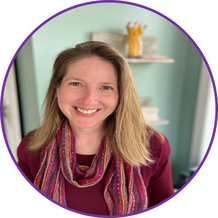 Would you like to get to know more about how the inner book brain of an Indie Author works? This is the place! Periodically, we'll invite an Indie Author to open up their brain, and show us inside. We'll have a conversation that deals a little bit with writing craft, reading influences, and some other fun stuff. Today, we thumb through the pages of Indie Author D.A. Reed's grey matter... Discover More About D.A. Reed HERE! What literary pilgrimages have you gone on?
I have not gone on any specific literary pilgrimages where I have gone to visit favorite places or homes of authors—though I wouldn’t turn the opportunity down! I think for me, literary pilgrimages are simply using and observing everything around me, no matter where I am, to strengthen my writing. What is the first book that made you cry? I read so many as a child that I don’t really remember – but most likely the Disney storybook Bambi. The death of Bambi’s mother really got to me and I still won’t watch the movie. What is your writing Kryptonite? Getting out of my own head. I often second-guess myself and have to constantly remind myself that I need to write the story that’s in my heart without worrying about what other people will think of it. Do you want each book to stand on its own, or are you trying to build a body of work with connections between each book? My young adult books are all stand alone, and I do like them that way. I feel each story has its own purpose and I haven’t felt that they need to continue beyond that. A lot of the suspense books I have written have ended up as a series or trilogy—probably because I keep thinking of more and more twists and turns the story can take and it’s too much for just one book! How did publishing your first book change your process of writing? It gave me confidence to do it again. To see all my hard work in actual paperback form and know it was possible was very affirming. It also made me realize that people enjoyed my stories and my writing—and were waiting for the next book, so procrastination wasn’t an option (which I am very good at….). It also made me want to learn more, to hone my talents, and I began reading and researching how to make my novels better each time, and my writing better as a whole. As a writer, what would you choose as your mascot/avatar/spirit animal? It sounds weird, but a turtle! They are viewed as having emotional intelligence, humble, and as having a great amount of persistence. I will persist, I will not give up on my writing, because if my stories help even one person then that is enough for me. I can’t help anyone if I give up on writing. What did you edit out of your books? (keep it family-friendly, please) I edit out swear words. Writing Young Adult, I am very conscious of what I put in front of an age group that can span anywhere from ages 10 to 85. What one thing would you give up to become a better writer? Social media for any other purpose than to support my writing and the writing of others. It can be very distracting and a great way to procrastinate, unfortunately. What is your favorite childhood book? Honestly, I read so many I’m not sure I could choose! In middle school/high school I fell in love with The Hawk and The Jewel by Lori Wick. I read that so many times it began falling apart and I even began a short story that was inspired by it. What is the most difficult part of your writing process? Honestly, getting out of my own head. I overthink and second guess myself all the time. When I am able to remember I am simply writing the story that’s in my heart and it doesn’t matter what other people think about it, the words flow much more easily. What is the easiest part of your writing process? As weird as it sounds, the editing process. The creating part is where I second-guess myself and pull my hair out! A common misconception entwined with authors is that they are socially inept, how true is that? It’s not true at all. While I am a natural introvert and often get nervous before events because it requires talking to people I don’t know, I have had many people say they never would have guessed I was shy. Not to mention, several authors I know personally have very outgoing personalities and work the crowds at events like they were born for it. When did it dawn on you that you wanted to be an author? I think I have always wanted to write, to create, but it probably didn’t hit me that this was what I REALLY wanted to do until I was in my 30s and had realized – hey, this IS possible! Who are your biggest literary influences? Edgar Allan Poe and Daphne du Maurier are the biggest. Poe dared to go where others didn’t and his writing gives me chills; his works made me dare to step outside my conservative upbringing and write what I wanted to—no matter how dark it was. Daphne du Maurier has beautiful writing and has a grasp of human nature I have rarely seen, even when she wrote as a young adult. It makes her works even more spellbinding and chilling because, at some level, we can all relate to at least one of her characters. What’s your favorite movie which was based on a book? Why? Oh my, there are so many…but probably The Birds (written by Daphne du Maurier and created for film by Alfred Hitchcock). I still can’t look at birds in the same way (shudder, shudder). Both du Maurier and Hitchcock had such a stunning understanding of the human psyche and human nature; they knew how to create works that would play on your mind and emotions, whether for good or for bad. How did it feel when your first book got published? There are no words to express how accomplished and successful you feel to see your hard work in physical form. Simply put, it’s amazing. How did you celebrate? I gave the book to my sister who had been hounding me to get it written and revamped (it was an updated version of the novel I had written at age 14). Then I dusted off my hands and figured I was done. I couldn’t have been more wrong… What is that one thing you think readers generally don’t know about authors? We don’t always have the same belief systems and thoughts as our characters. It is amazing how people combine the characters thoughts and actions with those of the author—it made me very self-conscious about my writing for a long time because I didn’t want to offend anyone. I have to remind myself that it is the reader’s responsibility to remember a character is simply a character. When it comes to research for your books, are you a hunter or a gatherer? Talk about your research process. I am more of a hunter. I will get what I need and then commence writing. If I find I need more information then I will go back to researching. Could you be housemates with your characters? Why or why not? From my suspense novels…um, a resounding no! I could never trust they wouldn’t kill me in my sleep! As for my young adult characters…possibly. But there is usually a lot of drama with those characters and I am not a fan of living with drama! What’s your typical writing routine or schedule? I have a 500 word minimum I meet every day without fail. I get up before six o’clock every morning so I have an hour to write before the kids are up and getting ready for school and I have to get ready for work. I typically then find some time in the later afternoon/early evening timeframe as well, but I make sure my 500 word minimum is met in the morning so if I don’t find more time to write that day, my goal has already been met. Writing can be an emotionally draining and stressful pursuit. How do you recharge? I run. A lot. I am a long-distance runner and have found it to be a great stress-reliever and energy-booster. I also plan quite a few scenes during my runs as well. Do you prefer music or silence when you write? Silence, though I am doing better at focusing even if there is noise around me (I have a husband and young kids. Writing at home or while in the foyer during dance class or basketball practice can be an adventure!) Do you have a writing playlist? If I listen to anything it is classical music – something without words. Which celebrity would you choose to narrate your audiobook? Tom Hanks! Seriously, that man’s voice was MADE to narrate. What well-known author, living or dead, do you wish could be your mentor? Daphne du Maurier, no question. Why? She knew how to get inside your head and pull on every thought and emotion. I would LOVE to enrich my writing by even having one conversation with her (just my luck—she is no longer living). What is your favorite of the six senses (touch, taste, smell, sound, sight, intuition) to write about, why? Probably sight and intuition. I love bringing things that I see to life on the page—creating a picture with words, if you will. But I also love using different writing techniques to bring the character’s emotions alive for the reader as well. What is a favorite location you’ve written about? Australia! (That novel is not out for publication at this time, however.) Have you visited that place? No, but it is on my bucket list! How did you choose which details to include? I am fascinated with the Outback and definitely wanted to include aspects of that in the novel. The entire first half of the novel takes place in the Outback before the character makes it back to the city. Travel back in time (without negative effects for you or the timeline) what year do you visit? Probably during WWII, so 1942ish. Why? There were so many facets of that war, and so many things that happened. To truly know and understand by personal experience what people of that time went through would be life-changing. There were many horrific things that happened, yes, but also acts of kindness and heroism that take my breath away. I have studied that war often, trying to understand the many components of it all, especially the different aspects of humanity during that time. What is something about your hero or villain that drove their character, but you didn’t specifically tell your reader? I am not sure on this one…I am very open and transparent with my characters and if something is driving them, the reader will usually know about it through dialogue or action. Have you ever resuscitated a project you'd shelved? What helped it work better the second time around? I would say that would the novel I wrote when I was fourteen. I took it off the shelf in my mid-twenties, revamped it, and it became my first self-published book! Having experienced life for over a decade more after the first writing, I found I was able to delve more deeply into the characters and draw on those life experiences to help with my writing. What do the words “literary success” mean to you? How do you picture it? From a personal perspective, I see it as knowing I have helped others who may be struggling through my writing. From a monetary perspective, I would say being able to support myself with my writing without having to have a “day job.” Can you tell us about your current projects? I am currently working on a YA novel that touches on the issues of depression and suicide. So many people have reached out to me to tell me they have struggled with these issues that I knew I needed to create something that would hopefully help those who are looking for hope. Any advice you would like to give to aspiring authors? Write! You will never regret writing the story that’s in your heart, but you will definitely regret never trying. If you are passionate about writing, give writing the time and place in your life it deserves. Carve out some time, even if it’s only a few minutes a day to feed that passion. You won’t ever regret it! Please provide links and/or instructions about how readers can purchase signed copies of your books. All of my books can be found on my website: https://dareedauthor.com/If you would like it signed, contact me through my website and I will sign a copy, work out payment with you, and mail it directly to you.
What literary pilgrimages have you gone on? I was hooked on Italian Renaissance studies, but it was Benvenuto Cellini’s The Autobiography of Benvenuto Cellini, an intimate yet exuberant portrait of his life and his interactions with his artist contemporaries, that propelled me to visit Florence and Rome on my first grand tour of Europe. And seeing Keats’ and Shelley’s graves in the Protestant Cemetery in Rome was a bonus. What is the first book that made you cry? Watership Down What is your writing Kryptonite? Excessive editing. However, I have an excuse. I have had so many stops and starts in writing my books, that each time I went back to writing, I had to reread the work from the start each time to put me back into the thick of the story, and editing on each read was impossible to avoid. Do you want each book to stand on its own, or are you trying to build a body of work with connections between each book? I have a two-part series, but each book stands alone. I feel like I have resolved the characters’ journeys (although I left the second book open ended enough, just in case – one can’t help oneself). But my new works will be quite different and not related to Theft By Chocolate and Theft Between the Rains or their characters, but still have a mystery aspect to them. How did publishing your first book change your process of writing? Before I wrote Theft By Chocolate, I took a course on how to write your first novel, so I was required to write back stories for characters and develop a full outline as well as chapter outlines. I then wrote the first draft in a creative writing program where my mentor was editing and critiquing my work as I wrote it. With the sequel, Theft Between the Rains, I already knew most of my characters very well. But I decided to develop the plot as I went along and I felt it allowed much more creativity in terms of the plot line and I was much more open to new inspirations and ideas. As a writer, what would you choose as your mascot/avatar/spirit animal? A griffin, because of its strength, powers of sight, and being emblematic of poetic and spiritual inspiration. It would be a win-win to have this half-lion, half-eagle mythic creature in my corner. What did you edit out of your books? (keep it family-friendly, please). There was a lot of self-indulgent scenes drawn from my own life that added nothing to plot or character development. What one thing would you give up to become a better writer? I wouldn’t sell my soul to be anything other than my authentic self. I surrendered to the notion that I would never write the next great Canadian novel and I am more than satisfied that only I can tell the stories that I tell in the way that I do. And that’s the best any writer can do. What is your favorite childhood book? I had the most fabulous book of fairy tales and it is long lost. I have no idea what it was called, if it was one writer or a collection of writers. I can’t even remember how I got it or who may have given it to me. They were very different fairy tale stories, complex and intricate and I will always cherish the memory of reading them. What is the most difficult part of your writing process? Writing in times when coping with personal challenges. What is the easiest part of your writing process? Apparently, nothing, as I pondered this question for some time without coming up with an answer. But just because the process might be challenging does not mean it’s not enjoyable or satisfying or the most wonderful thing in the world. A common misconception entwined with authors is that they are socially inept, how true is that? I’m an introvert and shy, but because of my writer’s inquisitiveness, I am able to keep a conversation going better and longer than most – I do find it draining though, because I’m an introvert and shy! When did it dawn on you that you wanted to be an author? When I read Sophie Kinsella’s Confessions of a Shopaholic, it dawned on me that I could write a light-hearted and entertaining book that people might enjoy. Who are your biggest literary influences? In terms of tone, Sophie Kinsella and Helen Fielding. But I feel like I draw on everything to which I am exposed, especially film. What’s your favorite movie which was based on a book? Why? Dr. Zhivago – David Lean created a masterpiece of a film out of a masterpiece of Boris Pasternak’s book and I think it is one of the most epic love stories ever written (and set in a fascinating historical time) and brought to the screen. Honorable mention goes to Romeo and Juliet, the 1968 version by Franco Zeffirelli. How did it feel when your first book got published? How did you celebrate? It was exhilarating and incredibly challenging at the same time. Tragically, my father passed the week it was published and I had to soldier on promoting the book while in a state of grief. My father never got to read it, hear me read it, or see the dedication I wrote to him and my mother. I just have to trust that he sees, from another plane, my life and stories unfolding. What is that one thing you think readers generally don’t know about authors? The most important characteristics for a writer are determination and persistence. There are so many talented writers, but those who see their work find the light of day are those who don’t give up. I would also add that, although earning an income from writing is a bonus and a gift, if you put pen to paper only with the intention of a financial payoff, it might not be the right profession for you. There’s a reason why writers are called creators and not entrepreneurs. When it comes to research for your books, are you a hunter or a gatherer? Talk about your research process. I’m a hunter-gatherer. There are times when things fall into my lap (or should I say head) and other times when I specifically hunt for information. I use the Internet extensively to flesh out storylines, but ideas can be inspired by the most unexpected things, and sometimes by very mundane occurrences. Could you be housemates with your characters? Why or why not? A definite no. I have lived on my own for decades and I would have it no other way. They’ll have to stay in my head. What’s your typical writing routine or schedule? I can honestly say I do not have a routine. Maybe that’s why there was 8 years in between my two books! But I used to be hard on myself because my writing was not structured into my life, that is until I heard a writer, sorry can’t remember who it was, who said something to the effect that life interrupting a writer’s path is part of what informs that writer’s work. I have an intrinsic conviction that a book is written exactly when it needs to be written and I’ve stopped beating myself up for not being structured with my creative process. Writing can be an emotionally draining and stressful pursuit. How do you recharge? When there isn’t a global pandemic, world travel has always been an important recharger and I particularly love going to yoga retreats in exotic locations like Iceland and Costa Rica. But, on a regular basis, global crisis or not, I practice yoga many times a week and meditate. Also enjoying other art forms like film, theatre, and music feed both my body and soul. Do you prefer music or silence when you write? Do you have a writing playlist? What’s on it? This doesn’t make any sense on any level, but I find music too distracting, but not TV. For some reason I can tune out TV more than music, but still benefit from a kind of white noise from the television. But, I definitely spend a lot of time writing in silence. Which celebrity would you choose to narrate your audiobook? Cate Blanchett or Emma Thompson. Need I say more? What well-known author, living or dead, do you wish could be your mentor? Why? I couldn’t have asked for a better mentor than my actual mentor, Canadian writer Kim Moritsugu. She was my mentor when I did my creative writing program at Toronto’s Humber School of Writers. Her advice has always been spot-on, and she has always gone beyond the call of duty and expiration date to mentor me. She’s played such an important role in my development as a writer and she continues to support me. What is your favorite of the six senses (touch, taste, smell, sound, sight, intuition) to write about, why? Well, chocolate has been a significant motif in my two books, so I would have to say taste. There’s something very pleasurable about describing the way something tastes and I think I’ve done a reasonable job of it, because I am often told by my readers that they find it impossible to read my books without reaching for some chocolate. What is a favorite location you’ve written about? Have you visited that place? How did you choose which details to include? I can’t pick just one. In Theft Between the Rains I wrote about two little-known places in Toronto that are both extraordinary in their own way. The first is an art deco edifice in Toronto, the R.C. Harris Water Treatment Plant. And the second is a ghost subway station in the city. By that I mean a subway platform that was built, but closed down shortly afterwards and these days is only used for film shoots. I had the privilege of visiting both locations during an annual event in Toronto called Doors Open Toronto, where spaces like this, normally closed to the public, are made accessible for one or two days a year. As far as the elements I decided to include in my scenes, I focused on what made these spaces unique and also on specifics that were in some way relevant to or progressed the plot. Travel back in time (without negative effects for you or the timeline) what year do you visit? Why? As a former student of the Italian Renaissance, it would have to be 1500 Italy, which is a pivotal year in the High Renaissance and when some of the most creative and artistic minds were alive. It was a time when art and science were not divided as they are in our age. It was a perfect marriage that should never have been dissolved, in my humble opinion. What is something about your hero or villain that drove their character, but you didn’t specifically tell your reader? I didn’t spell it out, but I hope it becomes evident to readers that my protagonist, though flighty and capricious, is far more capable than she ever gave herself credit for and all she was lacking was some confidence (which she does develop). Have you ever resuscitated a project you'd shelved? What helped it work better the second time around? I haven’t done so to date, but I am on the verge of doing so as I resurrect an old screenplay I wrote some time ago…and I can’t wait. Screenplays are more impressionistic than novels and I am excited to flesh out and add details to the plot, settings and characters in this paranormal love story. What do the words “literary success” mean to you? How do you picture it? My idea of literary success is leaving a body of work in which you see a progression of your art and craft and which, in some way make an impact, no matter how small, on the heart and soul of readers and, in the best-case scenario, on the planet in terms of raising awareness and consciousness. Is that too ambitious? Can you tell us about your current projects? I’m currently focusing on marketing my newest book, Theft Between the Rains, but soon hope to get to that paranormal love story as well as to a tale of a woman experiencing illness, loss, and searching for her dharma and spiritual connection. I’m going to try to work on both books concurrently as the one work, in particular, will be cathartic. Any advice you would like to give to aspiring authors? Write because that’s what your soul dictates, develop a thick skin, and don’t give up. Every story deserves a reader. And most importantly, don’t worry about the number of readers you might get. Writing is an expressive art form, plain and simple. Please provide links and/or instructions about how readers can purchase signed copies of your books. Links for purchasing my books can be found on the home page of my web site: https://lubalesychyn.com/
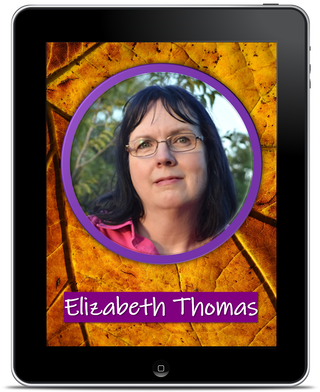 Would you like to get to know more about how the inner book brain of an Indie Author works? This is the place! Periodically, we'll invite an Indie Author to open up their brain, and show us inside. We'll have a conversation that deals a little bit with writing craft, reading influences, and some other fun stuff. Today, we thumb through the pages of Indie Author Elizabeth Thomas' grey matter... Discover More About Elizabeth Thomas HERE! What literary pilgrimages have you gone on?I have two basic types of literary pilgrimages. Though I am no longer married, I went to London on my honeymoon. I toured Westminster Abbey, saw Poet’s Corner. Greats like Chaucer, Spenser, Tennyson, Browning, and Dickens are buried there. John Dryden, Charles II’s poet laureate (King Charles plays a large part in my historical romance, Arden’s Act), and William Davenant—who’s actually a character in Arden’s Act, and married a distant relative of mine, Henriette Tromblé—rest there as well. I hope in time to return to England and go to Stratford, where Shakespeare lived and is buried, and also to Dublin, to where Jonathan Swift is interred. I also want to visit Key West and tour Ernest Hemingway’s house. I was never all that excited about Hemingway, but I want to see all the descendants of his polydactyl cats!
But I have another type of literary pilgrimage that is more lighthearted and fun. I love to go and meet my favorite authors when they do book signings. First and foremost among these are Douglas Preston and Lincoln Child, the writing team that created the Pendergast series. They are wonderful, kind gentlemen who allowed me to bring out a work of literary criticism--Apologia Diogenes--on their sexiest villain, Pendergast’s brother Diogenes. I’ve also met Diana Gabaldon who wrote the Outlander books. She is an absolutely brilliant woman, and it is one of my goals to have her put Arden’s Act on her famed “Methadone List.” Want to make my day, or maybe even my career? Compare Arden’s Act to Outlander, and post the review on Amazon! What is the first book that made you cry? My mother would tell you I’d cry whenever she read me Mrs. Duck’s Lovely Day, before I could read for myself. It was written by Vivienne Blake, and apparently I used to get really worked up over Mrs. Duck’s little pond shrinking in the drought and the possibility of her not being able to swim any more. I also remember that I actually became hysterical when the teacher read Snow White to us in kindergarten, because I thought Snow White had really died. I could not be consoled, and my parents had to come and get me and take me home from school. I was a pretty weird little kid. When I was a little older, reading for myself, it was Little Women. What is your writing Kryptonite? Well, there is the “grand scheme of things” and the actual writing level. In the grand scheme of things, it’s the conflict between taking things in, and putting them out. I love to read, and to watch television. So when I have spare time, I have to decide, do I want to consume something someone else has written, or do I want to get further with my own writing? And the fact that I labeled it “spare time” is also telling. I love my day job, and right now I need it to live, but sometimes it really drains me. Sometimes after work I’ll just want to mess around on Facebook and watch historical miniseries instead of writing. On the more focused level, I have a really difficult time writing realistic economic systems, military strategies, battle scenes, etc. I have this one fantasy project that’s been in my heart for a long time, but what’s believable and practical keeps getting in the way of the plot I want to present. A member of a writer’s group I used to be in said I could get around this by using a kind of fairytale approach; this is probably what I’ll do, but at the same time populate it with characters who are as deeply human as I can make them. Do you want each book to stand on its own, or are you trying to build a body of work with connections between each book? I want each book to be able to stand on its own, but I want each one to tie into my specific writer’s universe. For instance, Preston and Child have this one character, Eli Glinn, who first showed up in their (at the time) stand-alone novel The Ice Limit, then turned up in two of my favorite Pendergast books, Dance of Death and The Book of the Dead, before playing a pivotal role in the authors’ Gideon Crew series. Preston and Child have other cross-overs in their books as well. At the center of my writer’s universe is a fictionalized version of southeastern Michigan, with the elements of its French heritage heightened and embellished, so that it becomes something like a New Orleans North, or a Montreal South. Sure, someone who has read Arden’s Act might say, “what are you talking about? That’s set in London and Oxfordshire!” And yes, it is, but I’m planning another novel at some point that will feature one of Arden’s descendants living near the St. Clair River during the U.S. Civil War period. Even with the fantasy novel I’ll write eventually, various points of its mythical island continent will correspond to points on both Michigan peninsulas. How did publishing your first book change your process of writing? My first book was actually self-published in the pre-CreateSpace/KDP days, when a friend of mine wanted to start a self-publishing business. My first book that was chosen by a small Indie publisher (that has since ceased operations) had more of an effect on me. The only real change to my writing process, however, is that I now spend a lot less time wondering if whatever I’m working on “reads like a real book.” As a writer, what would you choose as your mascot/avatar/spirit animal? As a female Leo, I do have an identification with the lioness, and that’s something I think about when I need to have courage. And related to that, I am quite the crazy cat lady. Rita Mae Brown says every writer should have a cat to serve as a Muse, so that’s what I named my first cat—Muse. Dolphins also have meaning for me; I see them as a reminder to always try to have fun with what I’m doing. But—and I can’t really explain why—squirrels seem to come up frequently in my life. That fantasy novel I keep bringing up has always been called The White Squirrel. And I had a co-worker recently who nicknamed me Squirrel Girl. Like you can’t predict which way I’m going to dart in traffic. Writing-wise, it’s like I discover all these little plot-acorns, bury them for the winter, but sometimes I don’t find them again until three winters on down the line. I’ll lose enthusiasm for a project, and get distracted by another. So, yes, I’m going to have to go with squirrel. What did you edit out of your books? (keep it family-friendly, please) I wish I were a better content editor. I feel like I probably don’t know enough about what story incidents to cut. I’m a much better proofreader. I go through and I try to weed out as much passive language as possible, as many incidences of “was” and “were” as I can re-structure sentences to eliminate. I try to get rid of repetitive language, when I use the same word to describe something twice on the same page, that kind of thing. What one thing would you give up to become a better writer? That’s really difficult. I’m such a hedonist. I don’t like to give up anything! I guess what I do tend to give up, as I’ve touched on before, is being as frequently entertained by the works of others. Also, anyone who publishes their writing gives up a certain level of mental privacy. Your thoughts, in your words, are out there for anyone and everyone to see. What is your favorite childhood book? This is such a hard question. There are so many. We’ve already hit upon Mrs. Duck’s Lovely Day, but Little Women had a huge influence on me, with its writer-heroine. I also loved animal books, from realistic ones like Farley’s Black Stallion books, to more fanciful ones like Margery Sharp’s stories about Miss Bianca and Bernard. And then I have to ask, how are we defining childhood? I first read The Lord of the Rings in eighth grade, and it had quite an impact on me. Does that count? What is the most difficult part of your writing process? Overcoming inertia. Actually starting and putting words down on a page. I’m fortunate; I once had a job where I had to write for a living, and so I never get writer’s block. But I do get the “I’m lazy and I’d rather read this other book over here that somebody else has written.” What is the easiest part of your writing process? Getting ideas. The number of novel ideas I have stored in my brain so far greatly outweighs the time I’ve had to get them written. Inspiration is pretty much everywhere for me. How long on average does it take you to write a book? I feel as though I still don’t really know the answer to this. Two of my books are stories I’ve tinkered with for years. Arden’s Act, for instance, took ten years to finish, because I stopped in the middle and wrote a play, kept trying to get short stories published, and just in general kept getting distracted by other projects. On the other hand, Apologia Diogenes took about four or five months, partially because I wanted its release to coincide with Preston and Child’s The Obsidian Chamber. I also just happened to lose my day job, and it gave me great comfort to work on that book while I tried to find another one. I think in the future that I’ll manage to finish projects more quickly, now that I have the option of self-publishing open to me. I still want to have some books with traditional publishers; I think a hybrid publishing career is ideal. A common misconception entwined with authors is that they are socially inept, how true is that? For me, it’s kind of a toss up. I’m certainly capable of social faux pas. In a lot of ways, though, it depends on who I’m with. If it’s a bunch of people with whom I have nothing in common, they probably won’t even know I’m there, unless they say something I find so offensive that I stomp off. Among my friends, I like to think a lot of people find me hilarious. I love to make people laugh. Even though the things I write aren’t generally comedic, I think there are glimmers of humor in everything I write. And, of course, I love to make people laugh in person, too. When did it dawn on you that you wanted to be an author? When I was nine years old. I had just finished reading the actual Dodie Smith novel, The 101 Dalmatians (as opposed to Disney adaptations for little kids), and couldn’t find a “next book to read” that I thought would measure up. So I started writing one instead. Who are your biggest literary influences? It’s quite a bizarre assortment. Louisa May Alcott, Judy Blume, J.R.R. Tolkien, Anne Rice, Diana Gabaldon, Bertrice Small, and Douglas Preston and Lincoln Child. What’s your favorite movie which was based on a book? Why? Is it cheating to say all three of Peter Jackson’s Lord of the Rings films? Why? Because—and to clarify, I mean the extended director’s cuts—what these films got right was done beautifully, and two of the biggest changes they made I feel were changes for the better—Arwen’s greater involvement in the story, and the complete elimination of Tom Bombadil. How did it feel when your first book got published? How did you celebrate?Each book feels the same. It is a joy to hold the physical book in my hands, to fan through the pages, and see the lines of print. To see my name on the cover. There is usually champagne, or at the very least, French sparkling wine involved. What is that one thing you think readers generally don’t know about authors? How little most of them make. Even I continue hanging on to the belief that I will somehow make it into that very small percentage who can live comfortably from their writing. Also, related, just how difficult it is to get a book noticed and reviewed. Can you tell us about your current projects? Right now I’m working on a collection of short stories that I’m going to call Crossings, because each story contains some element of pushing boundaries, transitions from one state of being to another, sliding into taboo behavior or thought. Then I’ll do a re-issue of my young adult title, Confessions of a Mixed-Up Weasel Hater. After that I’ll primarily be working on a novel of contemporary romantic suspense that includes a love quadrangle with two serial killers. Are you attending any conventions/festivals where readers can meet you and/or buy your books? Please provide all the “find it” information. I’m definitely thinking of participating in the 2020 Autumn Virtual Book Festival in October; that will be at http://www.pagespromotions.com/virtual-book-festival.html#/ Please provide links and/or instructions about how readers can purchase signed copies of your books. You can message me on my Facebook author page, @elizabeththomaswriter, or email me at emthomas63@gmail.com Any advice you would like to give to aspiring authors? Read as much as you can, especially in the genres you wish to write. Also, learn the rules of English grammar and composition. It’s okay to break the rules sometimes, but know what rule you are breaking and the reason you are doing it. |
WelcomeYou'll find some interesting stuff here... some Op Eds, some Information, Book Reviews, and More. Poke around the categories and see what ruffles your feathers... in a good way! Archives
April 2024
Categories
All
|
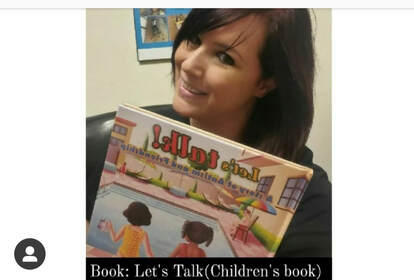
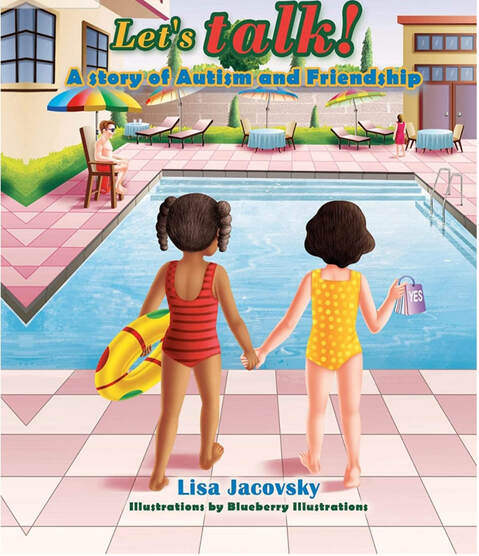
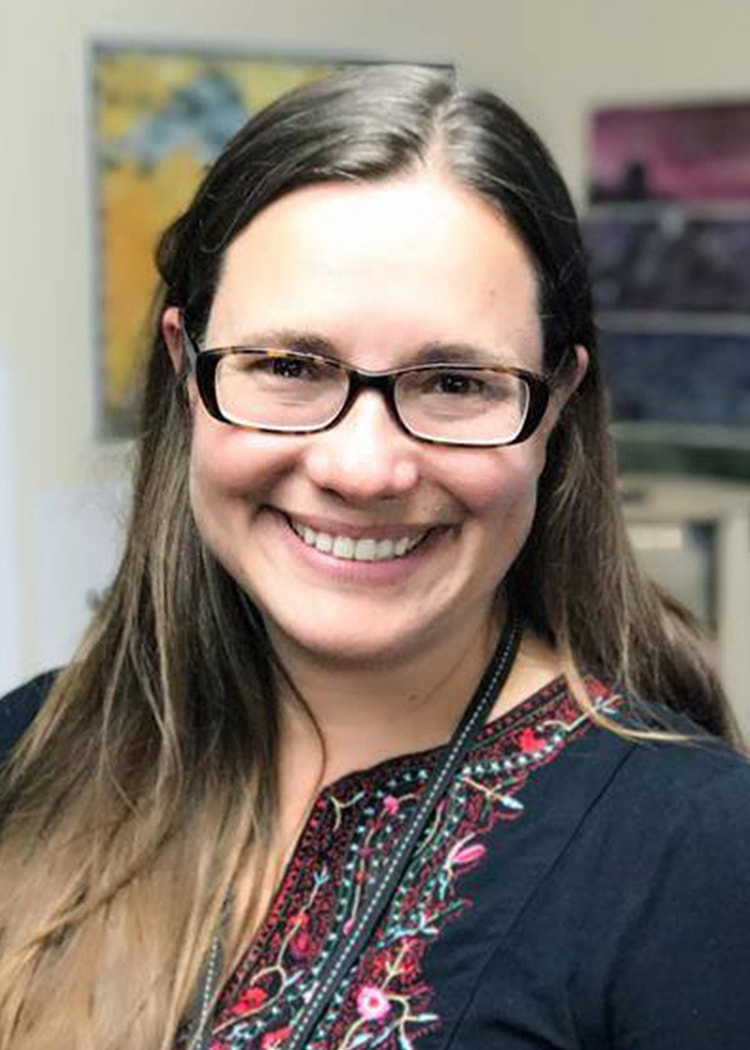
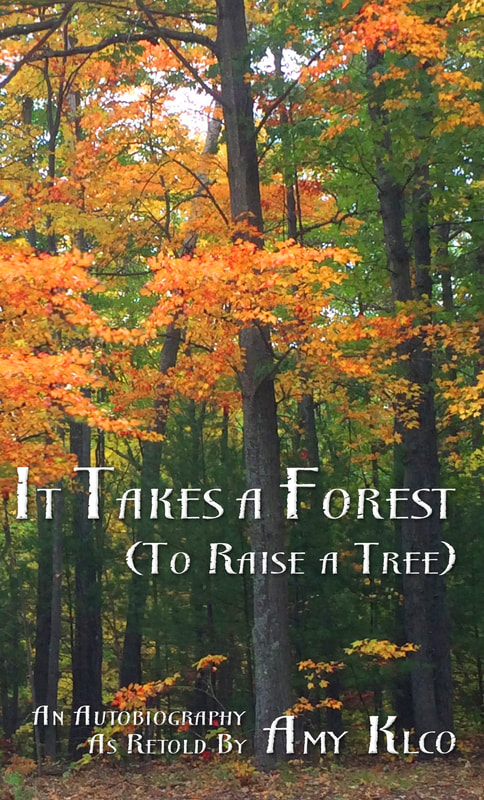
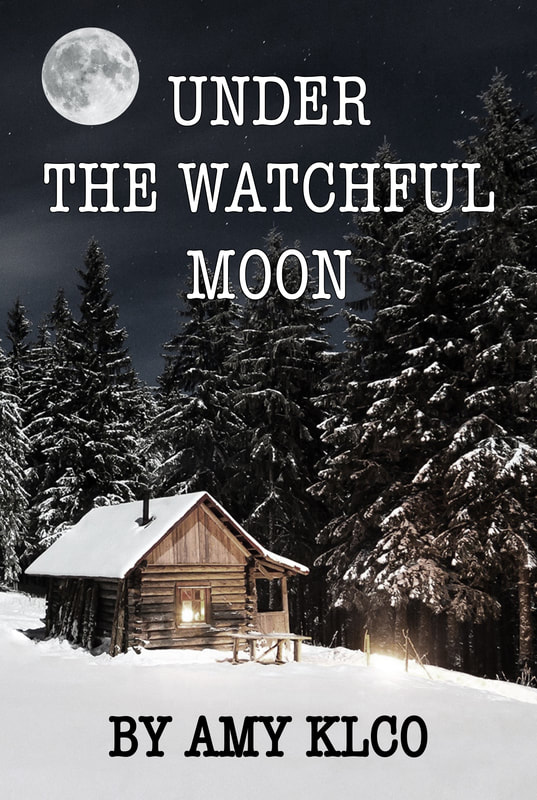
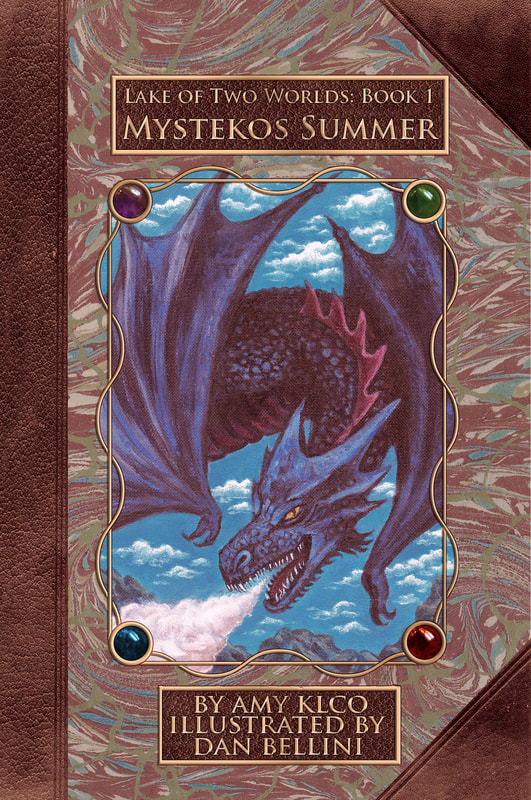
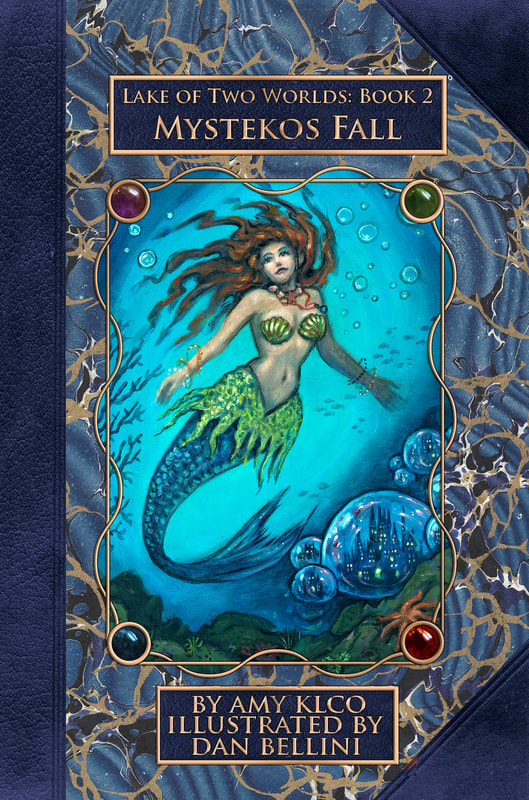
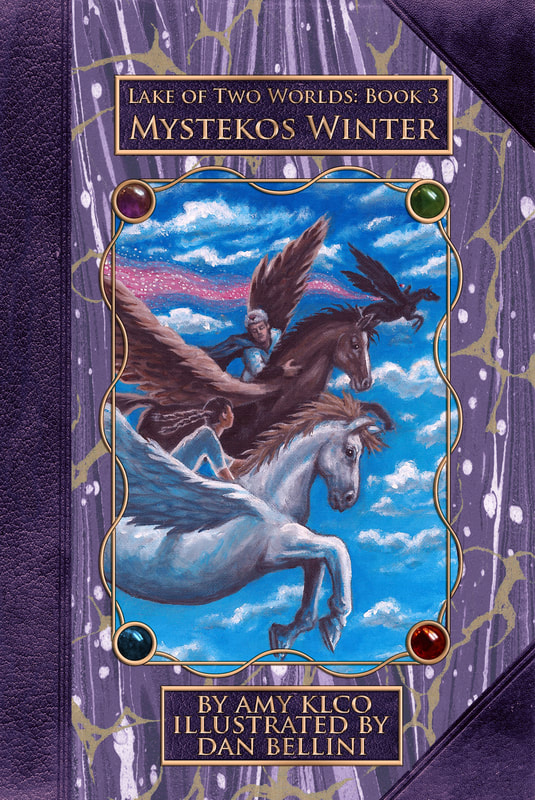
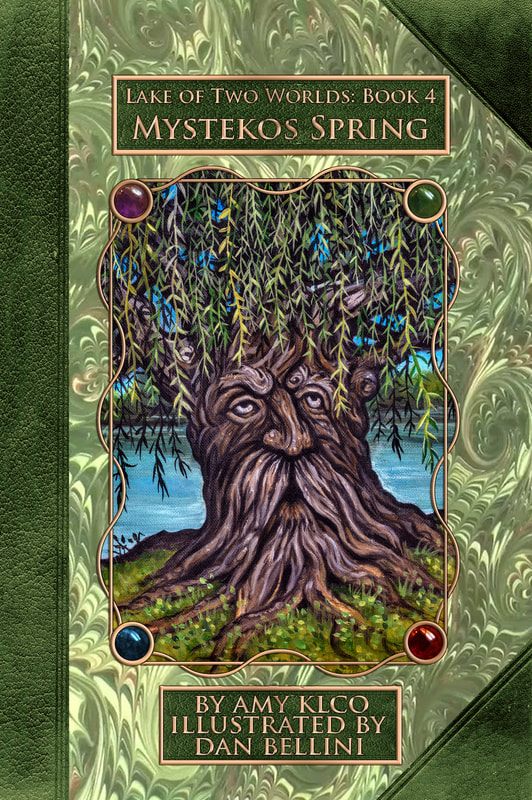
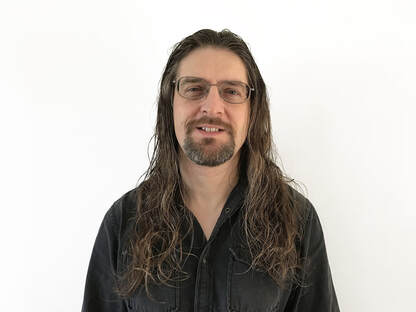
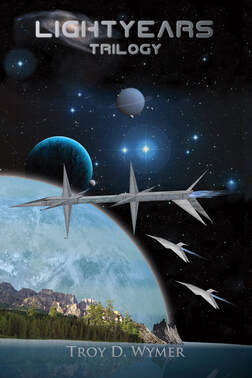
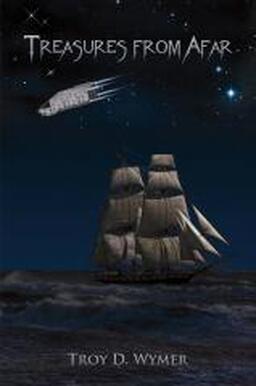

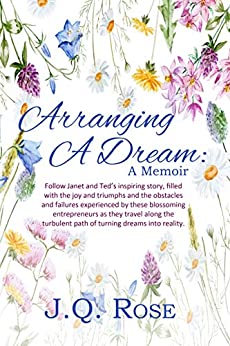
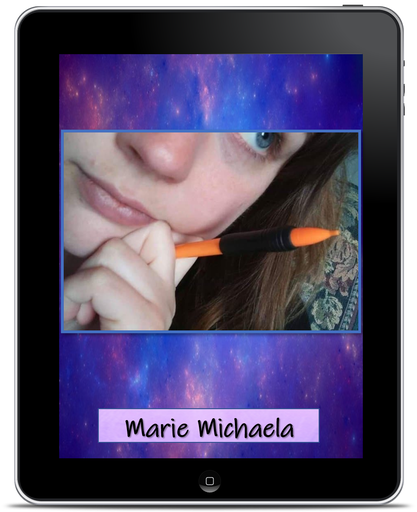
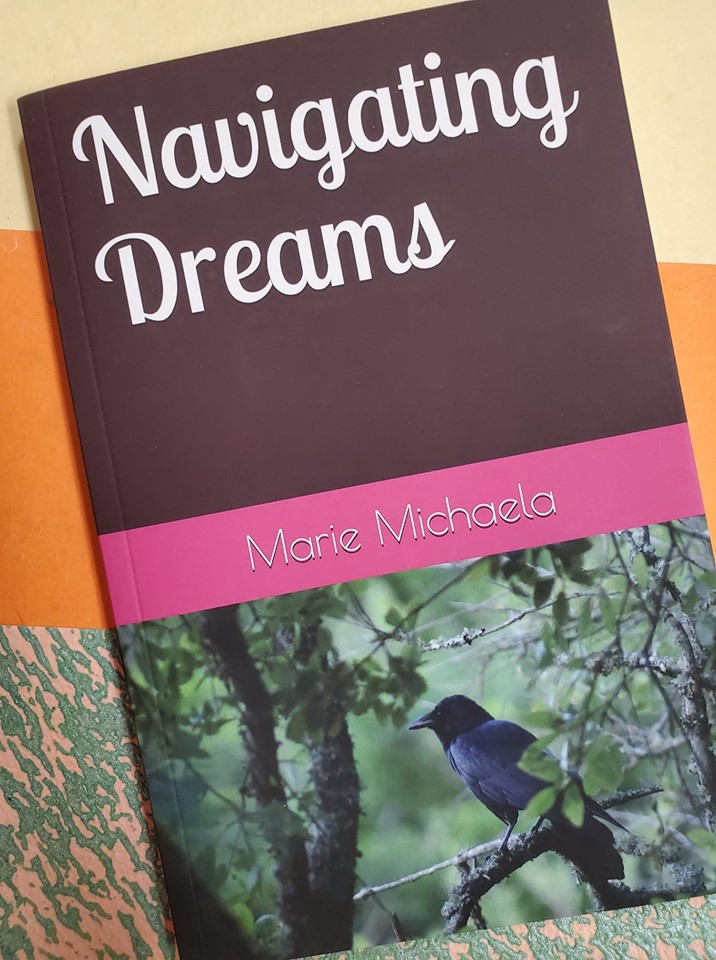
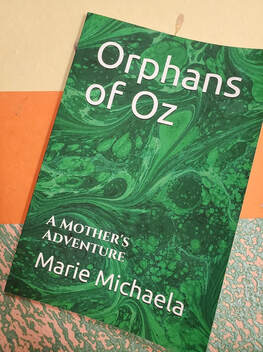
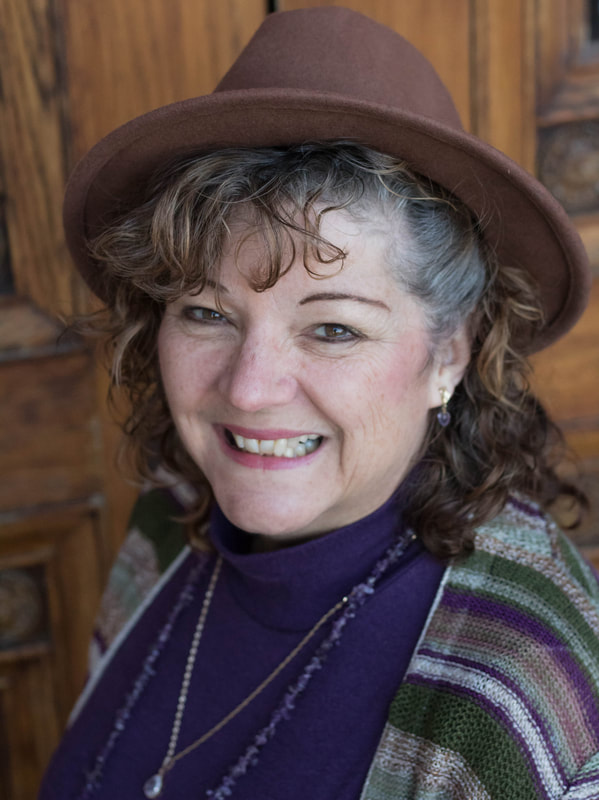
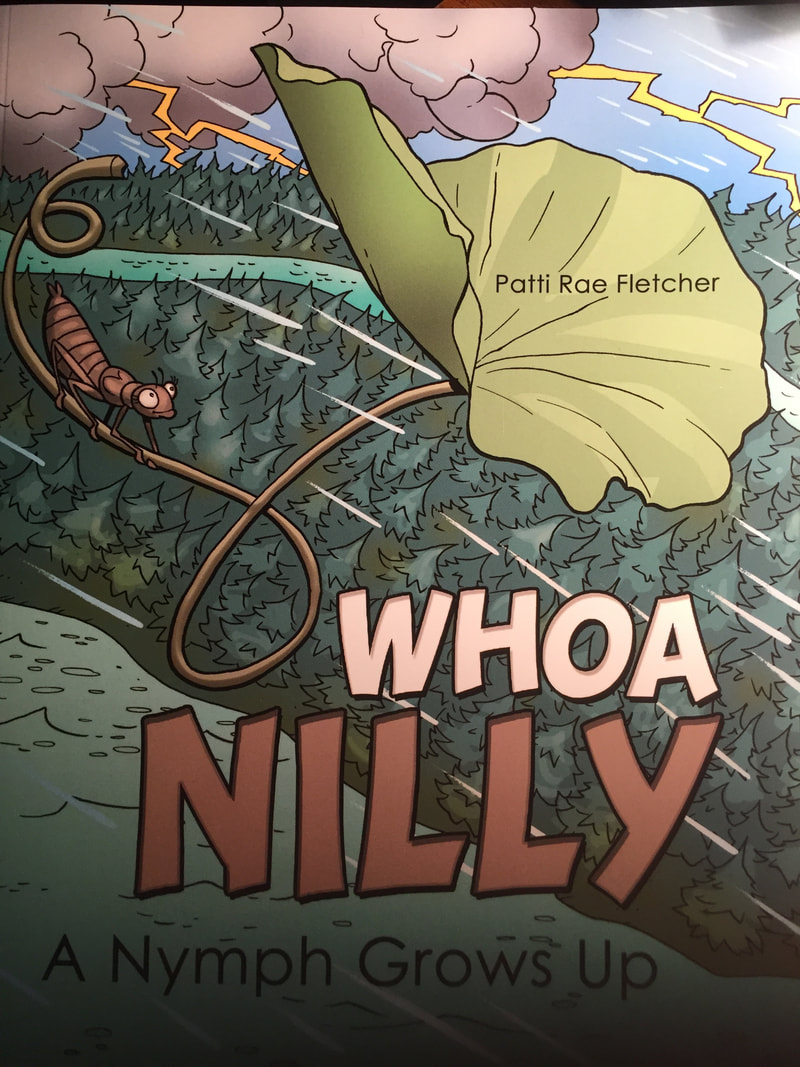
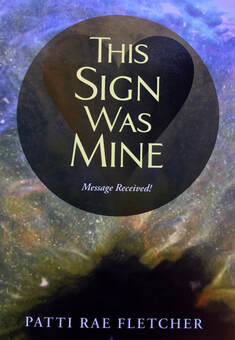
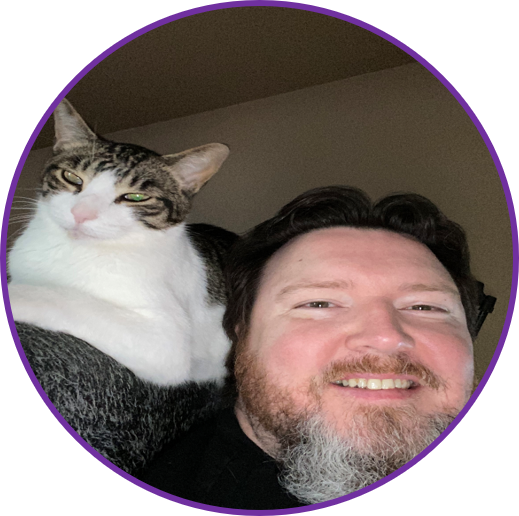
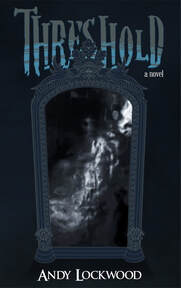
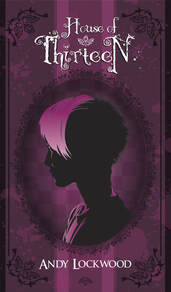
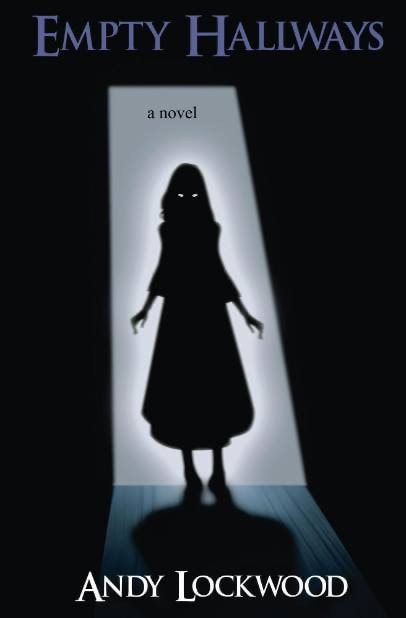
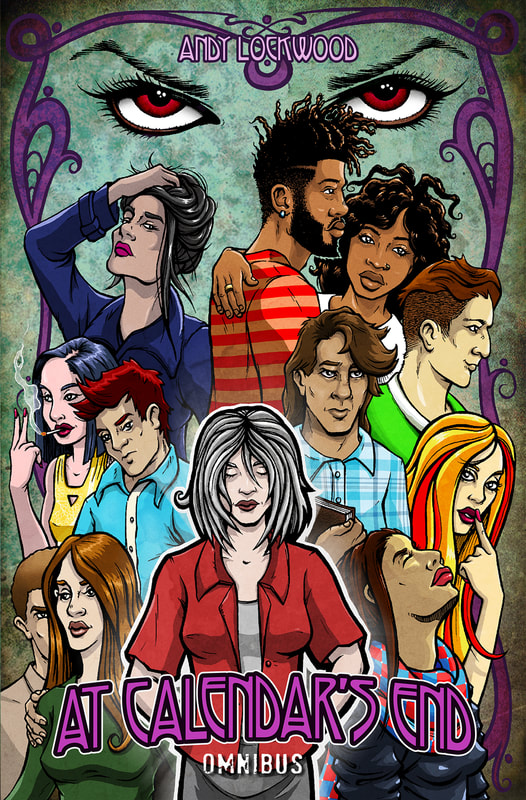
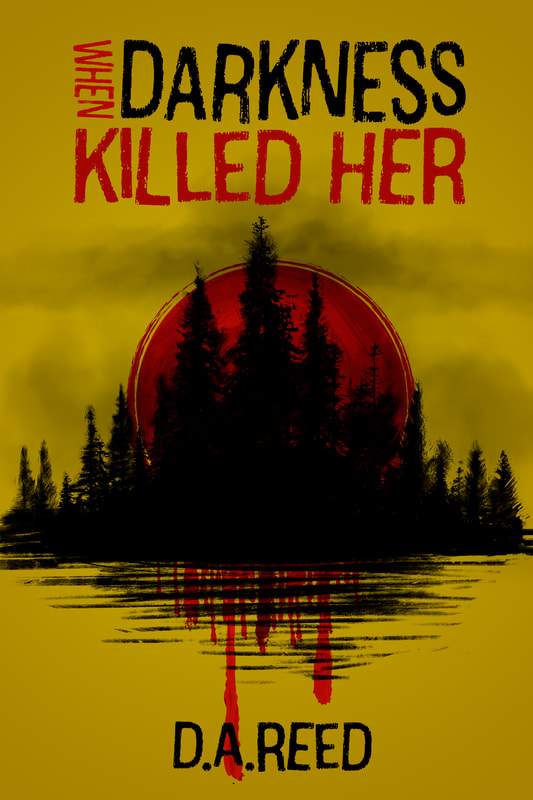
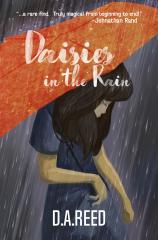
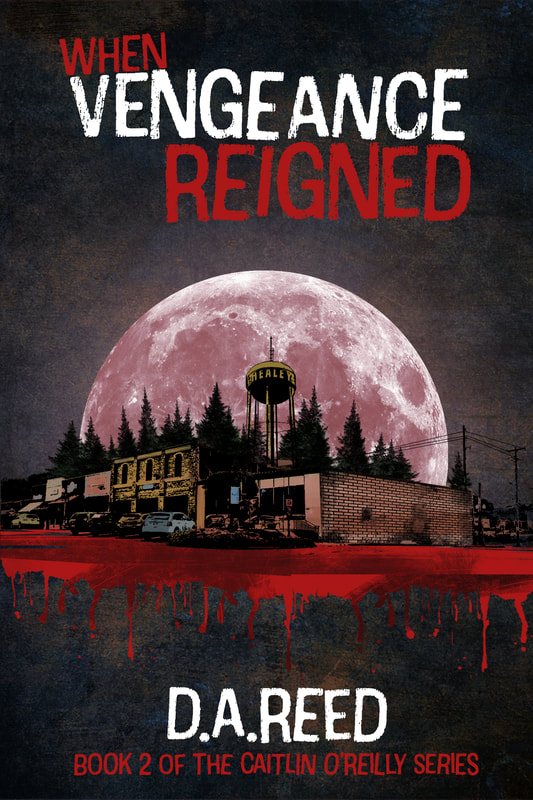
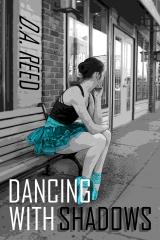
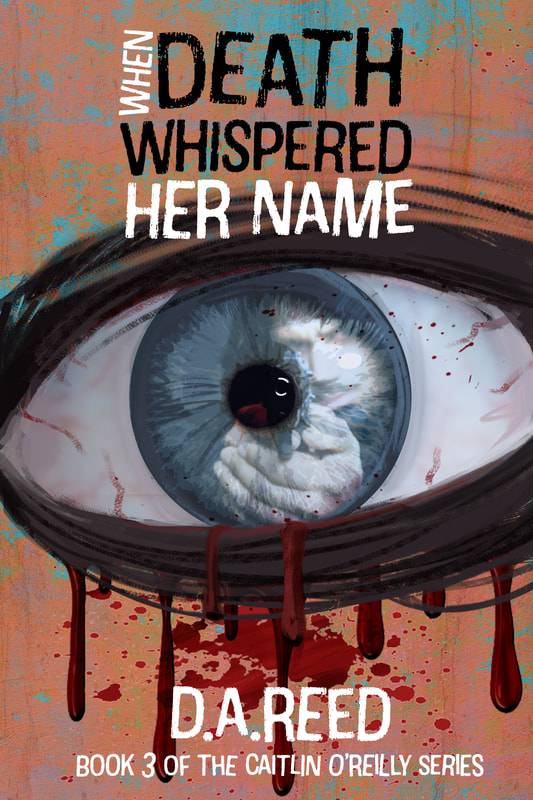
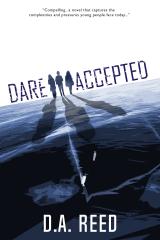
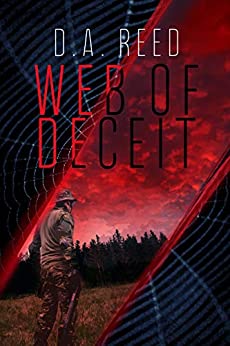
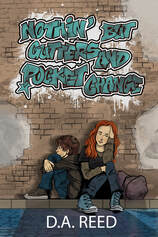
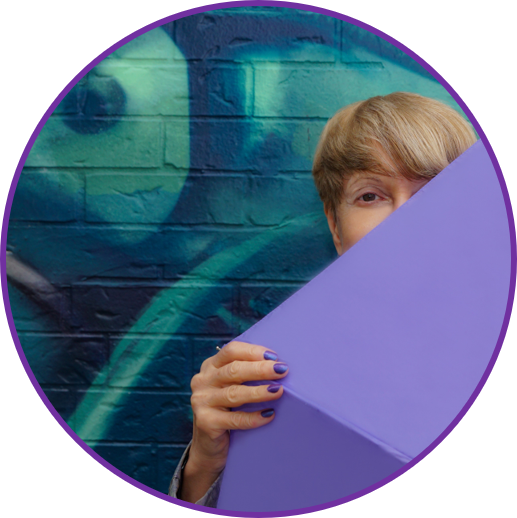
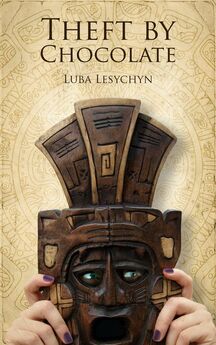
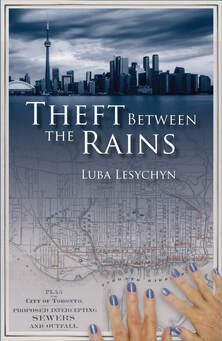
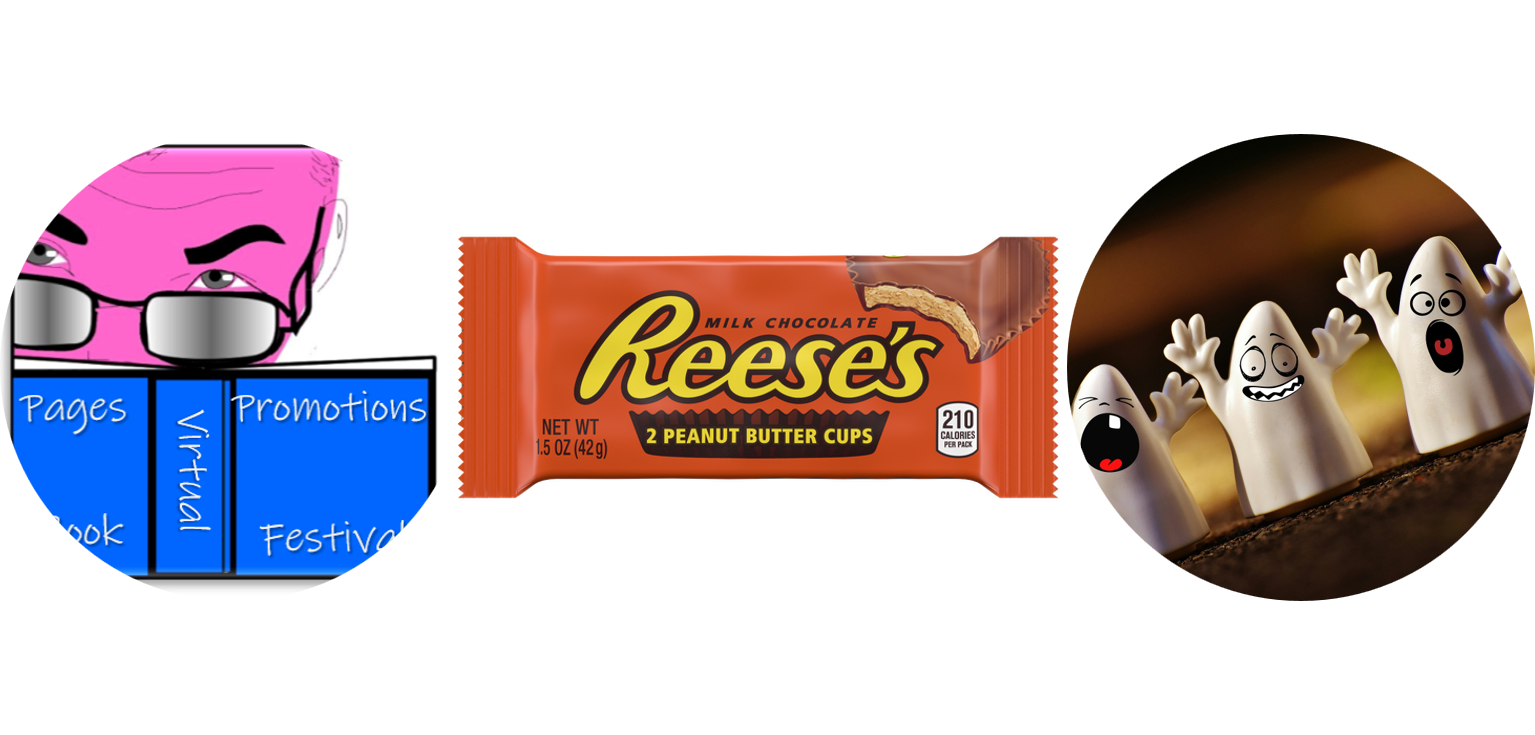
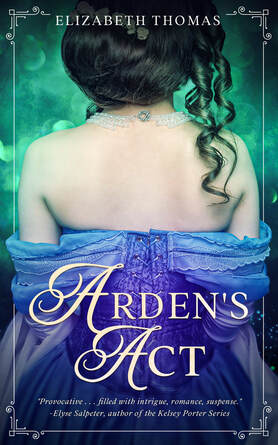
 RSS Feed
RSS Feed